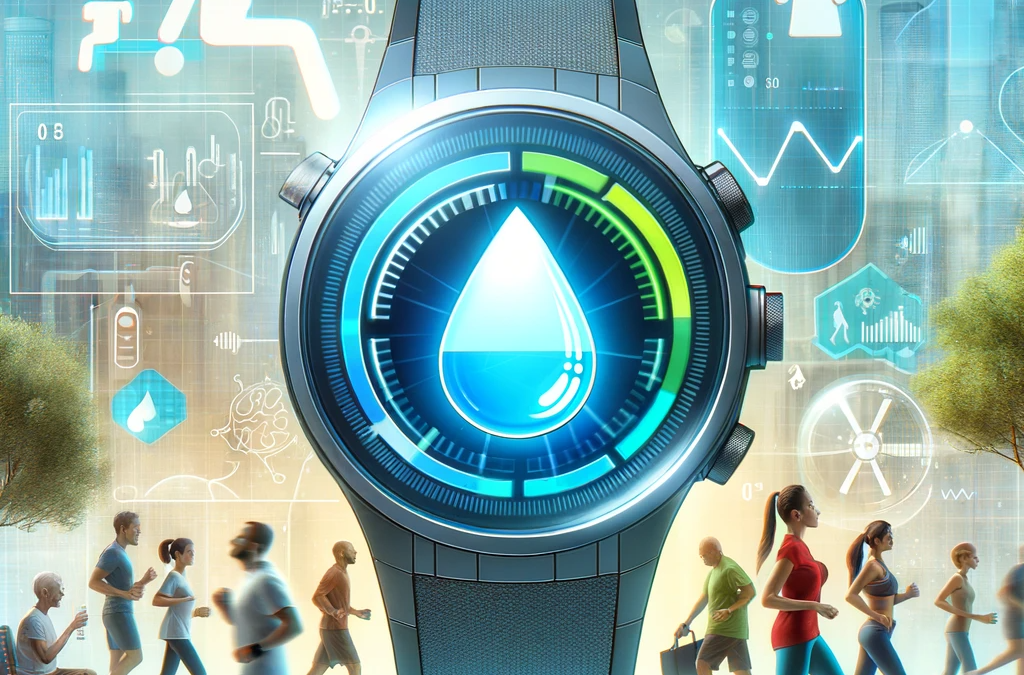The Revelation from Recent Studies
A groundbreaking study published in the journal eBioMedicine and highlighted by CNN on January 2, 2023, has brought to light a crucial link between hydration and significant health aspects like chronic disease risk, aging, and mortality. This research, conducted by Dr. Natalia Dmitrieva at the National Heart, Lung, and Blood Institute, a division of the NIH, emphasizes the importance of proper hydration for a healthier and longer life.
Key Findings of the Study
The study analyzed over 11,000 adults and found that individuals with higher levels of serum sodium – an indicator of hydration – had a higher risk of chronic diseases and premature mortality. Higher serum sodium levels, often due to insufficient fluid intake, were associated with an increased risk of being biologically older than one’s chronological age and a heightened chance of developing chronic conditions like heart failure, stroke, diabetes, and dementia.
The Role of Hydration in Slowing Aging
This research echoes previous studies in mice, where water restriction shortened their lifespan, suggesting that optimal hydration could slow the aging process in humans as well. The study indicates that maintaining serum sodium levels within a certain range (137-142 mEq/L) is associated with the lowest risk of chronic disease and early death.
Implications for Healthcare and Individual Wellness
These findings underscore the importance of hydration in preventive medicine. With a rapidly aging global population and an increase in age-dependent chronic diseases, promoting and maintaining proper hydration could be a simple yet effective strategy to improve health outcomes and reduce healthcare costs.
The Intersection with PPG Technology by Impact Vitals
In this context, the recent advancements in Photoplethysmography (PPG) technology, particularly the developments by Impact Vitals, are of significant relevance. PPG technology, commonly used in devices like smartwatches and fitness trackers, measures blood flow and heart rate variability. Impact Vitals has taken this a step further by developing algorithms that can potentially monitor hydration levels non-invasively.
The Future of Hydration Monitoring
Imagine a world where your smart device not only tracks your steps and heart rate but also keeps an eye on your hydration levels, reminding you to drink water for optimal health. This could be particularly beneficial for elderly individuals or those with chronic illnesses who are at a higher risk of dehydration and its associated health risks.
Conclusion
The study’s findings, coupled with the advancements in hydration monitoring technology by companies like Impact Vitals, mark a significant step forward in our understanding and management of health and aging. By integrating such innovative technologies into everyday life, we can hope to see a future where managing hydration and, by extension, our overall health, becomes more efficient, proactive, and tailored to individual needs.
Source: https://www.cnn.com/2023/01/02/health/hydration-disease-aging-death-risk-study-wellness/





